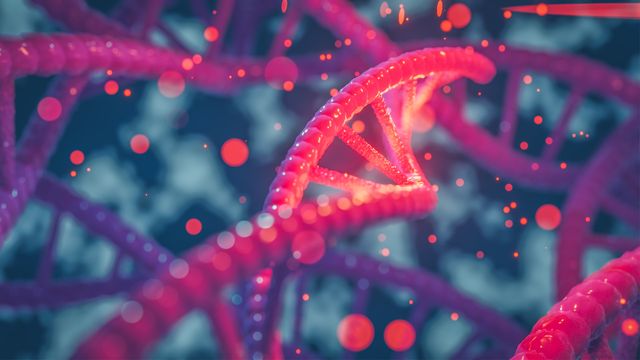
Alison Halliday, PhD
Dr. Alison Halliday is an award-winning freelance science communications specialist with 20+ years of experience across academia, industry and the third sector – including ten years at the world’s largest cancer charity. She is skilled at translating complex information into jargon-free, engaging, stories – specializing in topics across the life sciences, medicine and health. After completing her PhD in molecular genetics at the University of Newcastle, she carried out five years of postdoctoral research at University College London before moving into science communications. She now works with a variety of clients to bring their research to life – including companies that need support with their product marketing, or organizations looking to engage with their audiences about the latest advances in biomedicine.
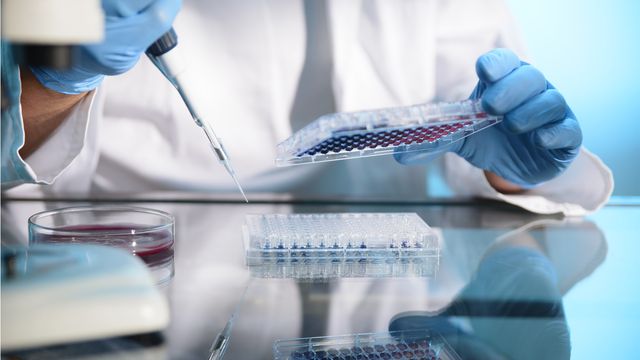
Advances in CHO Cell Line Development for Biotherapeutics
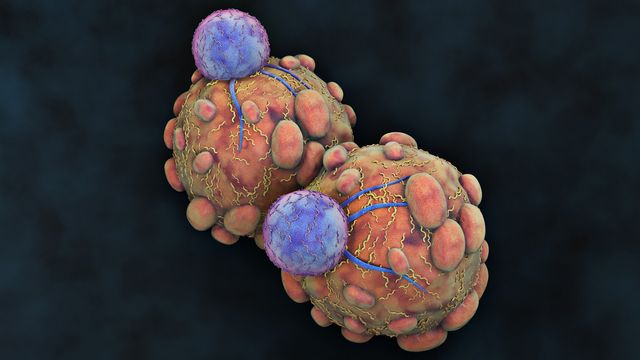
Cancer Immunotherapies: Transforming Treatment for Patients
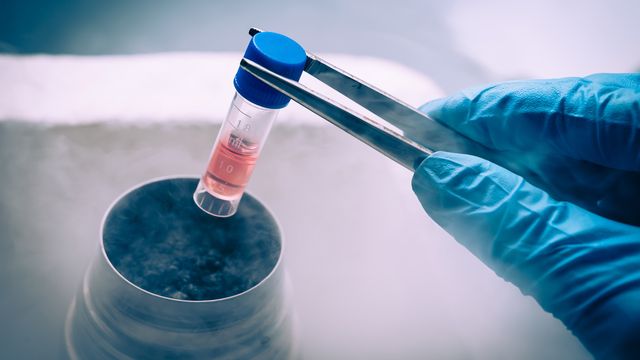
Frozen in Time: Examining the Latest Frontiers in Cryopreservation Technology
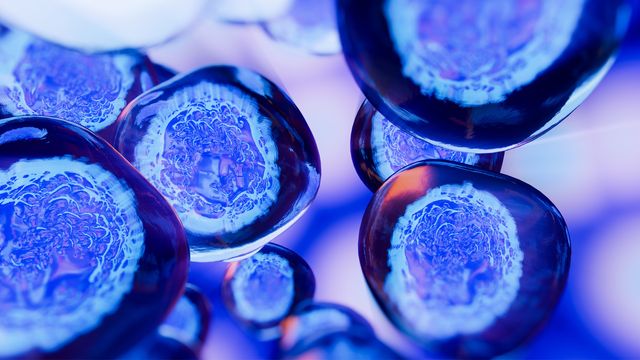
Cellular Insights: How Researchers Are Using Cell Models To Study the Mechanisms of Disease
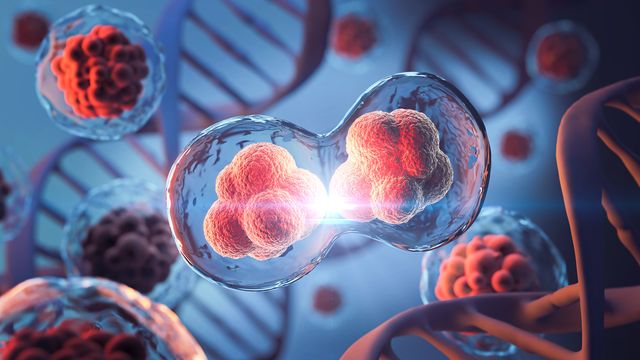
Cancer Genomics: Transforming Diagnosis and Treatment
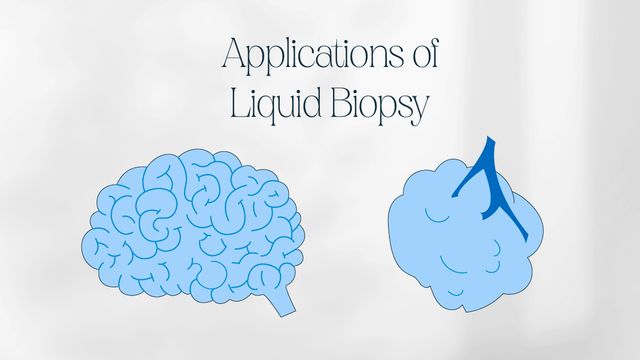
Applications of Liquid Biopsy in Cancer and Beyond
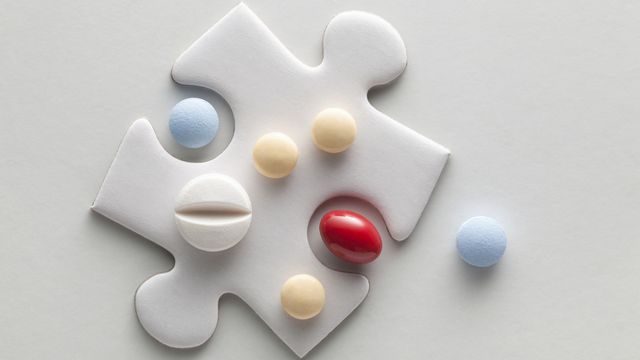
Fragment-Based Drug Discovery Enters the Mainstream
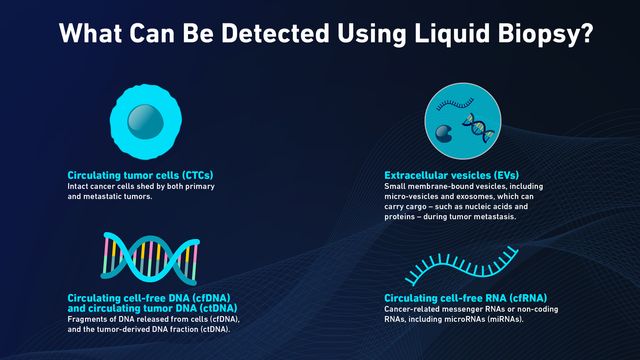
Liquid Biopsy Test: Protocol and Steps
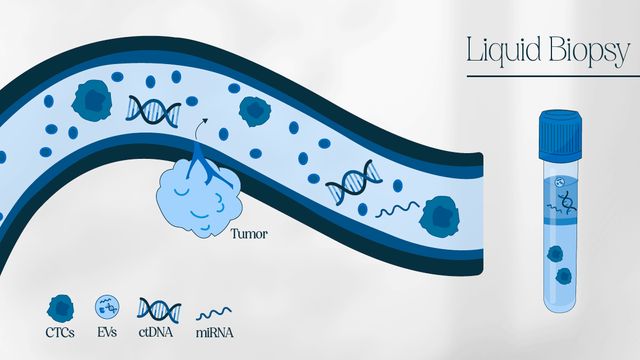
What Is a Liquid Biopsy?
